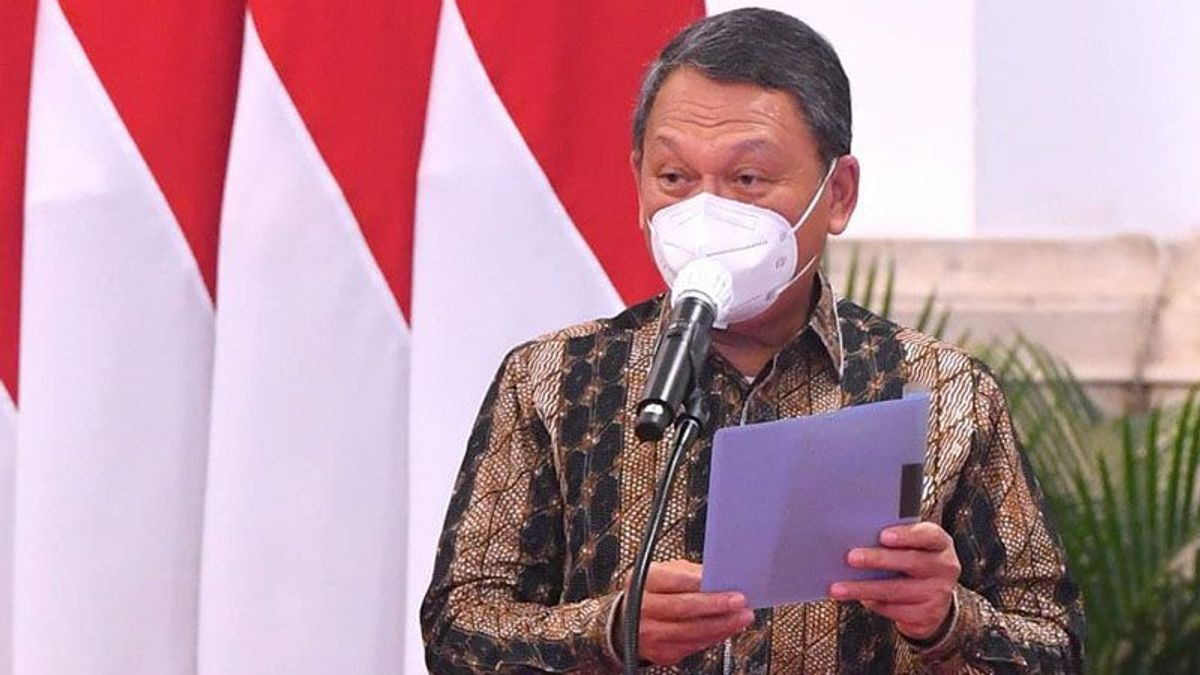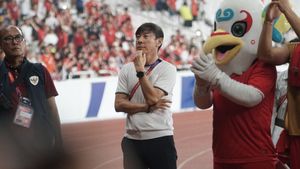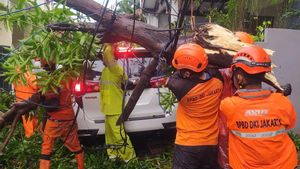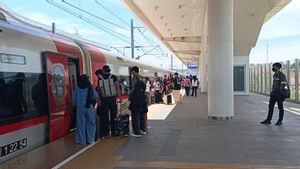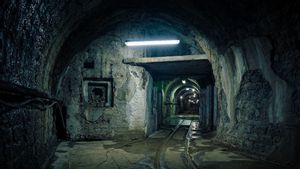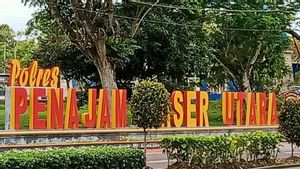JAKARTA - Minister of Energy and Mineral Resources (ESDM) Arifin Tasrif said that the management and refining of critical minerals must be carried out domestically for downstream development in the future.
According to him, the role of critical mineral commodities is very strategic and vital in supporting the energy transition, among others as raw materials for the manufacture of solar panels, wind turbines and the battery industry used for electric vehicles and storage for New and Renewable Energy (EBT) plants.
Critical minerals also have high prices because they are included in the category of being difficult to find, difficult to extract in economic quantities and difficult to substitute for metals or other materials, and these minerals are also associated minerals from tin mining, bauxite, nickel and iron sands.
"It is obligatory to increase the added value of these minerals through domestic processing and refining. The downstream industry is expected to continue to be built and developed to optimize the benefits of mineral exploitation," Arifin said in a statement to the media, Thursday, August 18.
In order to support the downstream mineralization in the country, continued Arifin, the mastery of mineral technology in the country must be pursued to support the development of the downstream industry in the future. Cooperation and collaboration with foreign mineral industries or institutions that already have advanced technology continues to be carried out as part of efforts to master technology.
As is known, mineral resources are one of Indonesia's most strategic commodities.
Its enormous potential makes mineral resources have an important role in national economic growth.
The mineral mining industry, which is mostly located in remote areas, has also stimulated the growth of several regions so that they can rapidly develop into new growth centers.
The government also continues to encourage more massive exploration to obtain better sources of raw materials.
"The challenge is how we can explore mineral sources, especially critical minerals, with the geological configuration in Indonesia," added Arifin.
For this reason, the availability of mineral raw materials, especially critical minerals in a sustainable manner, needs to be supported by various other efforts, such as increasing exploration activities and implementing competent persons in estimating resources and reserves, conducting an inventory of minerals containing rare earth metals and supervising mineral management.
The balance of Mineral, Coal and Geothermal Resources and Reserves as well as the most recent Mineral, Coal and Geothermal Potential Map issued by the Geological Agency can be a reference for all parties.
"These data must be followed up by conducting special studies to reveal in more detail the potential of critical minerals in several locations in Indonesia," said Arifin.
In line with Minister Arifin, Head of the Geological Agency of the Ministry of Energy and Mineral Resources, Eko Budi Lelono, said that critical minerals have an important role in Indonesia's energy transition from fossil energy to renewable energy.
"Minerals affect the succession and transition of energy in Indonesia. Minerals are very influential on the downstream succession and energy transition in Indonesia. Critical minerals have an important role in the energy transition plan from fossil energy to renewable energy," said Eko.
Rare earth metals and other critical metals, Eko continued, are the main raw materials in the manufacture of electric batteries, solar cell components and wind power technology, where the two renewable technologies are the most widely adopted.
The English, Chinese, Japanese, Arabic, and French versions are automatically generated by the AI. So there may still be inaccuracies in translating, please always see Indonesian as our main language. (system supported by DigitalSiber.id)
